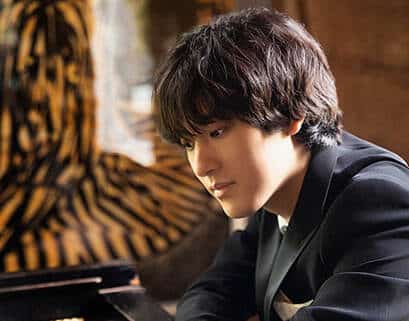It was easier for women to compose in the 17th century than today…
mainThe Wall Street Journal has published my review of Anna Beer’s excellent survey of women composers, Sounds and Sweet Airs (Oneworld). The article is paywalled, but you can get the gist from the opening pars:

Euterpe’s Daughters
by Norman Lebrecht
When the Metropolitan Opera announced that it would be performing “L’amour de loin” by Kaija Saariaho (pictured) in its coming season, headlines blared that this work was the first by a woman composer to be performed at the Met in more than a century. The last, forgettably, was “Der Wald” by Ethel Smyth in 1903.
I’m not sure which detail was the more regrettable—the inexcusable hiatus or the bad journalism that zoned in on a composer’s gender. A woman may, in 2016, direct the Hadron Collider or serve as the chief operating officer at Facebook without undue comment, but if she composes an opera it’s front-page news in New York. A further sign, perhaps, that opera is out of tune with our times.
How were women kept out of the aria? In “Sounds and Sweet Airs,” Anna Beer, an Oxford historian, traces a pattern of gradual exclusion through the lives of eight composers—three in the 17th century, one in the 18th, two in the 19th and two in the 20th. Although none achieved world renown, it still comes as a something of a shock to learn that women had it much easier in classical times than in modern….





Comments